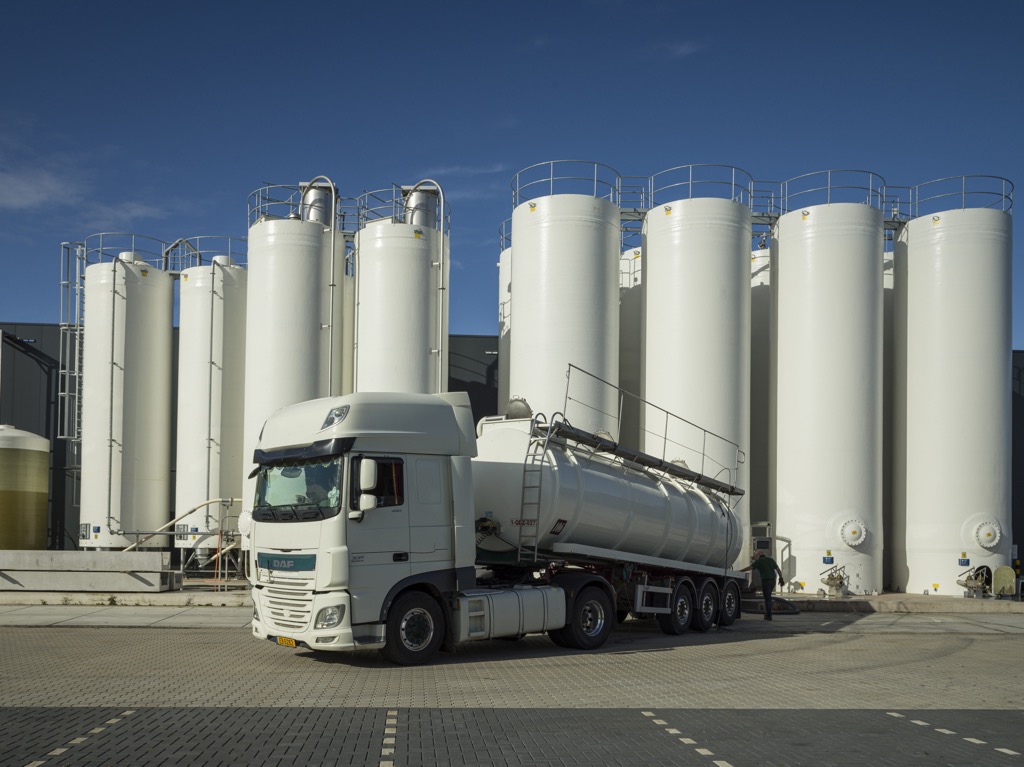Protix

Protix is the leading and largest insect company, producing circular and sustainable ingredients from insects. It has come a long way from its early start-up days in 2009, when it had to invent everything. How is it still pushing the boundaries of innovation today?
State-of-the-art scale
The company has a new production plant in Bergen op Zoom that is state-of-the-art in terms of automation, digitisation and capacity. It is ten times bigger than the first commercial plant in Dongen. It produces insect proteins (ProteinX) and lipids (LipidX) that are used in multiple fast-growing markets of high-end, sustainable pet food and bird feed companies. Twenty out of 130 employees work in R&D, underlining the central role of product development.
Circular production
A recent life-cycle assessment study comparing insect protein to other conventional (meat) protein sources showed that black soldier fly protein production creates a substantial reduction in environmental impact, fresh water depletion, land use and global warming. The larvae are raised on legal industrial food residual streams and production of the larvae, in turn, generates a residue of substrate providing an excellent, all-natural and sustainable fertiliser.
Products and palatability
Protix pays close attention to animal welfare, providing a climate similar to the larvae’s ideal habitat so they can express their natural behaviour. The protein concentrate can be used as a puree for wet pet food or as a protein meal from which the fat is extracted and used as well. The protein coming from the black soldier fly has a very good palatability, so no palatability enhancers are necessary.
Consumer preference
In the early days, pet food packaging did not clearly indicate if a protein source was based on insects. The mind-set of the consumer has changed: they now pay attention to sustainable aspects and see insect protein ingredients as a beneficial attribute.
International growth outlook
Protix exports to more than eighteen countries, mainly in Europe. The existing plant can be doubled in volume and further international expansion is to be expected. Besides that, more production locations in Europe are in line with today’s call for sustainable alternatives close to local sources.